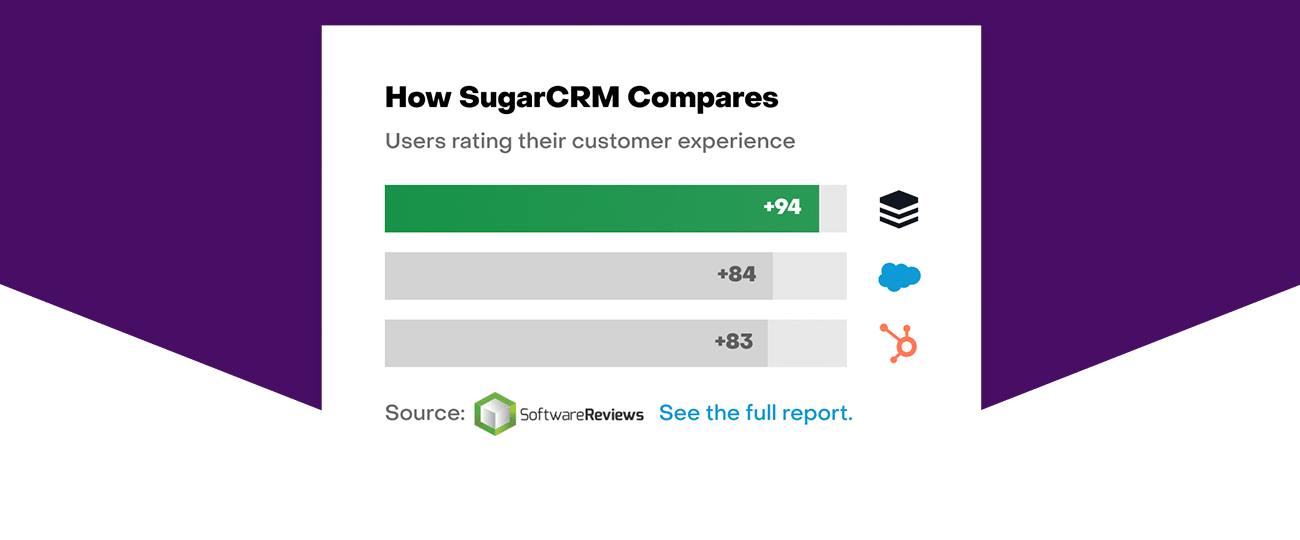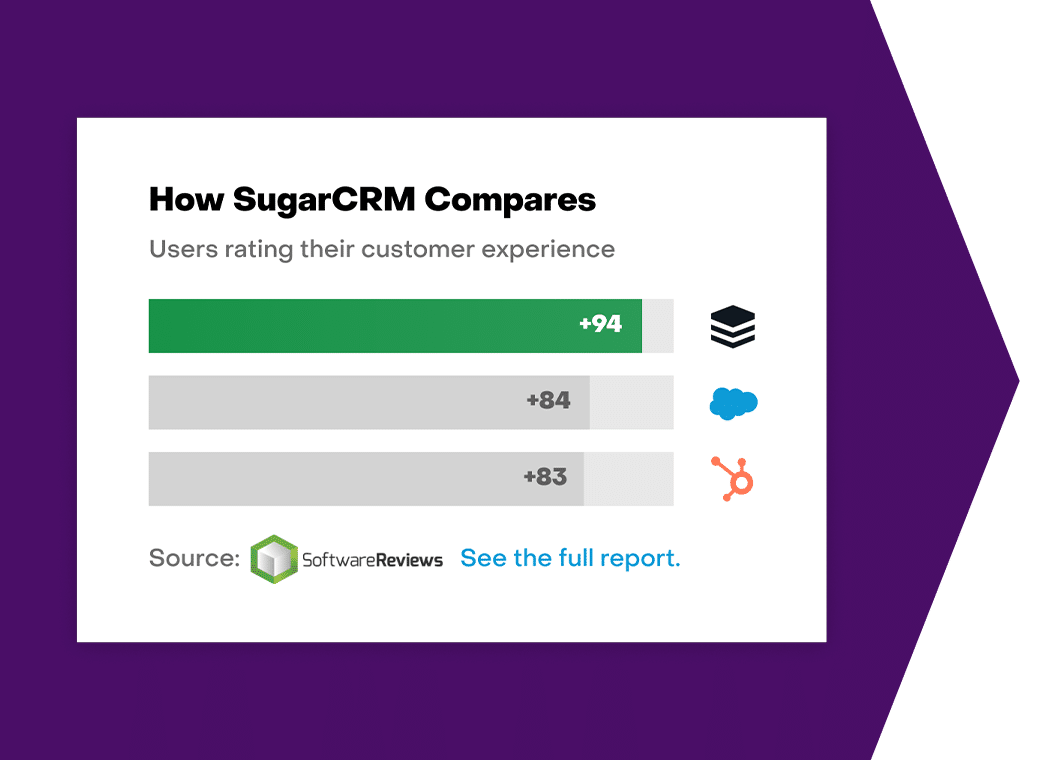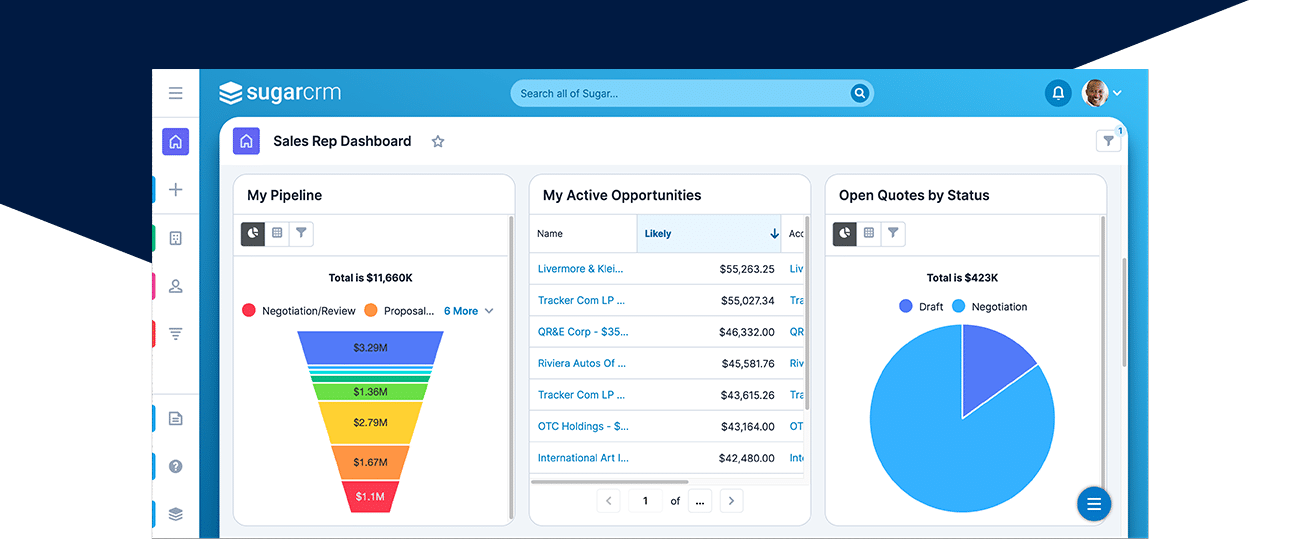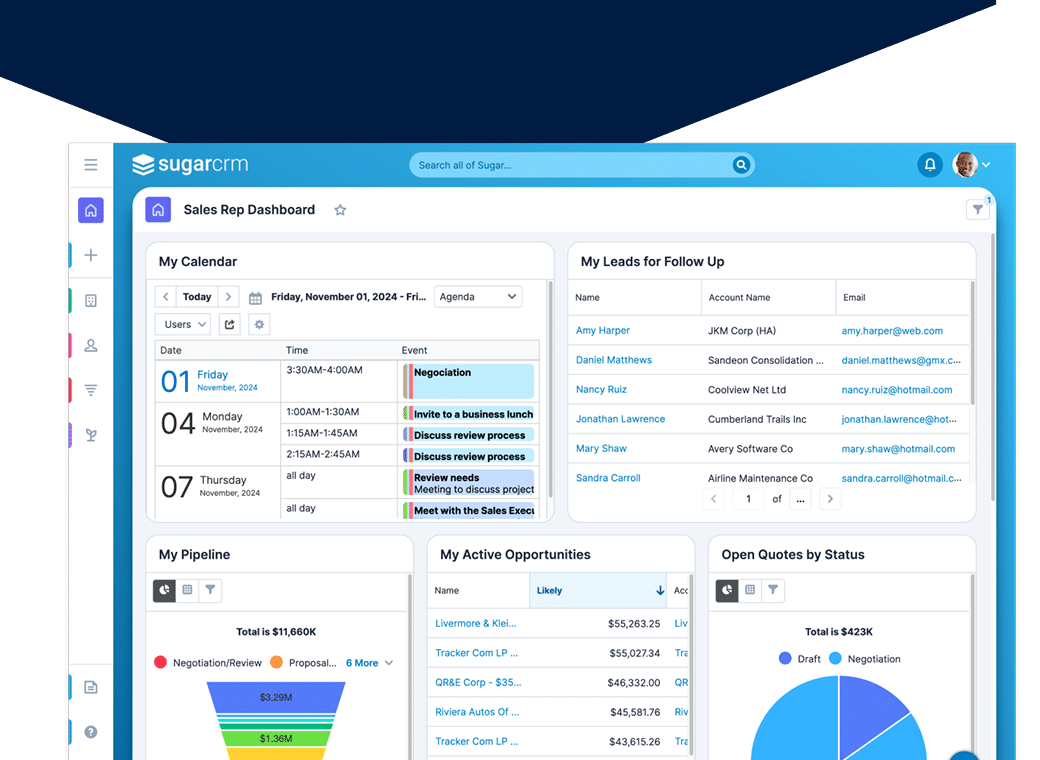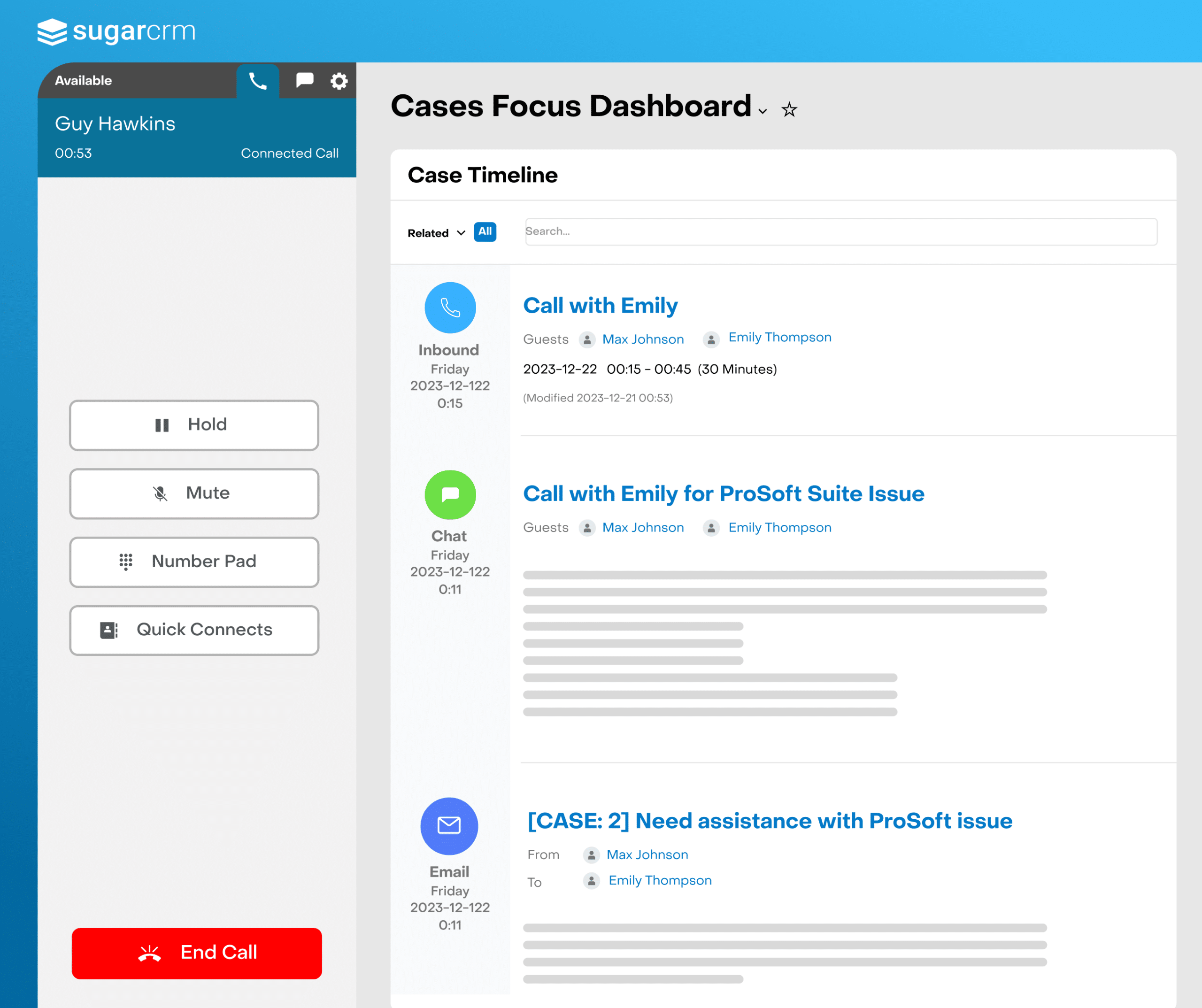Forecasting and Planning with CRM-Driven Analytics in Manufacturing
The manufacturing landscape is both competitive and dynamic. Accurate forecasting and efficient planning are critical for remaining competitive and relevant in the industry. For decades, manufacturers struggled to anticipate demands, better manage resources, and ensure streamlined operations to meet customer expectations and remain relevant and profitable. However, since CRM adoption has grown in popularity, CRM data-driven analytics have become a staple in manufacturing companies, thanks to the insights offered regarding demand forecasting and productivity planning.
More recently, CRM tools have become compatible with ERP solutions, which accelerates growth and increases the potential to generate accurate forecasts and better resource management. The two combined tools can offer a complete overview of manufacturing operations, allowing manufacturers to optimize their processes, reduce costs, and enhance customer satisfaction.
What we'll Cover:
CRM-Driven Analytics in Manufacturing
CRM-driven analytics leverages data analysis tools to gather insights from customer data. In manufacturing, CRM-based analytics can offer insights into customer demand, spot sales trends, and better understand customer behavior. With the help of historical sales data, customer interactions, and market trends, manufacturers can make informed decisions about production planning, resource allocation, and inventory management.
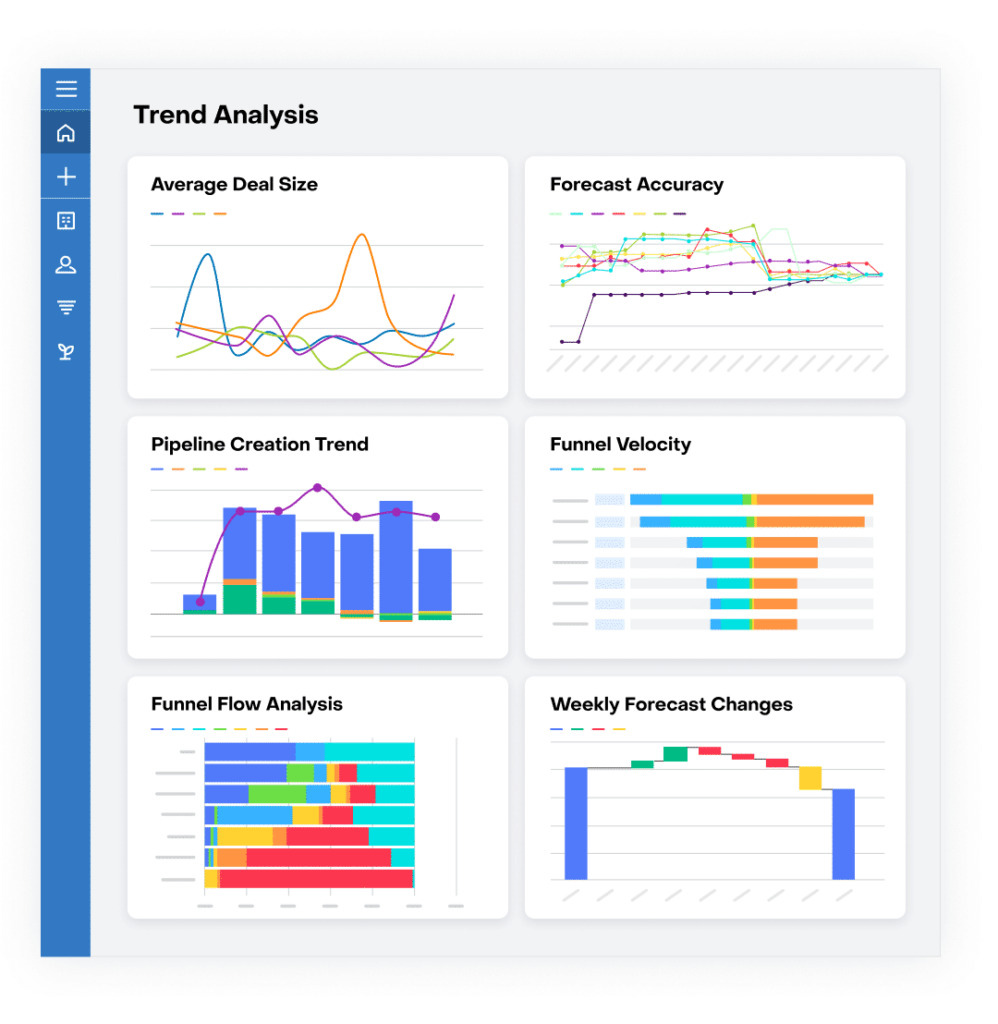
Besides, analytics based on CRM data can also offer insights into demand forecasting. As opposed to traditional forecasting methods that rely exclusively on historical sales data, CRM analytics allows manufacturers to use a wider range of data sets in their analysis, including customer feedback, sales pipeline data, and social media trends. This extended ability of CRM analytics allows manufacturers to increase their accuracy in production planning and limit the risks of overproduction and stockouts.
CRM-driven analytics can also help identify new emerging markets, allowing manufacturers to make strategic decisions about product development, marketing, and sales strategies.
CRM Insights for Production Planning
Manufactures heavily rely on accurate production planning to ensure that operations run smoothly and efficiently. Fortunately, CRM insights can also be used for this purpose. Manufacturers can project the optimal production schedule by analyzing customer data, such as customer demand patterns and sales forecasts, ensuring they have the correct products available at the right time to meet customer demand.
Inventory Management
CRM analytics can also be used to optimize inventory management. Manufacturers can reduce the risk of stockouts or excess inventory by predicting demand more accurately. Both stockouts and excess inventory can significantly damage companies’ bottom lines, as excess inventory is associated with tied capital and higher storage costs. In contrast, stockouts can lead to loss of sales and customers. With a proper balance between supply and demand, manufacturers can lower costs while maximizing profitability.
Capacity Planning
CRM-driven analytics can also enhance capacity planning. By analyzing historical production data and customer demand forecasts, manufacturers can quickly spot potential bottlenecks in production and allocate resources accordingly. As such, manufacturers will have a smooth ride without disruptions or delays.
Enter ERP Data
Although CRM-powered analytics are valuable for manufacturers as they contribute to better forecasting and planning, they become even more valuable when paired with ERP data. ERP tools are designed to manage and automate various business processes, including resource procurement, production, inventory management, and financial management. When integrated, CRM and ERP data allow manufacturers to effortlessly create a seamless information flow across all departments and production phases. This enables them to base their decisions on both hard and soft data.
One key advantage CRM and ERP integrations offer is the ability to create a unified view of the business. With data that flows from CRM, ERP, and other internal tools and systems, manufacturers can better understand their operations, from customer demand to production capacity, financial performance, and so forth. All the data gathered across all internal systems allows manufacturers to optimize processes across the entire value chain.
For example, data combined from CRM and ERP tools allows manufacturing enterprises to optimize sales forecasts, production management decisions, and inventory management. This ensures that production schedules and inventory levels are always optimal and aligned with consumer demand, reducing the risk of stockouts or overproduction.
Besides, when CRM data is enriched with ERP data, manufacturers can take a more proactive approach to their operations, allowing them to anticipate market trends.
Future Trends: CRM and ERP Working Together for Increased Accuracy
With the constant evolution of technological solutions designed for manufacturing, such as AI and ML, forecasting and planning capabilities will also increase.
AI and ML-enriched CRM and ERP systems will enable manufacturers to gain even deeper insights into the data that enters the systems. This can generate even more accurate forecasts, efficient planning capabilities, and effective inventory management. Besides, AI-powered predictive analytics can help manufacturers better anticipate potential disruptions across the supply chain or production, enabling them to take proactive measures to counteract those.
Wrapping It Up
The manufacturing landscape is highly competitive, and effective forecasting and planning capabilities are essential. CRM analytics can offer manufacturers the insights they need to anticipate demand, optimize production, and better manage resources. When integrated with ERP tools, CRM analytics’ potential is increased, and it offers a holistic view of all operations, ranging from process optimization to cost reduction and customer relationship enhancement.
If you’d like to learn more about how CRM and ERP integrations can offer your business a competitive edge, watch our Monetize Your Epicor ERP Data with SugarCRM webinar.


